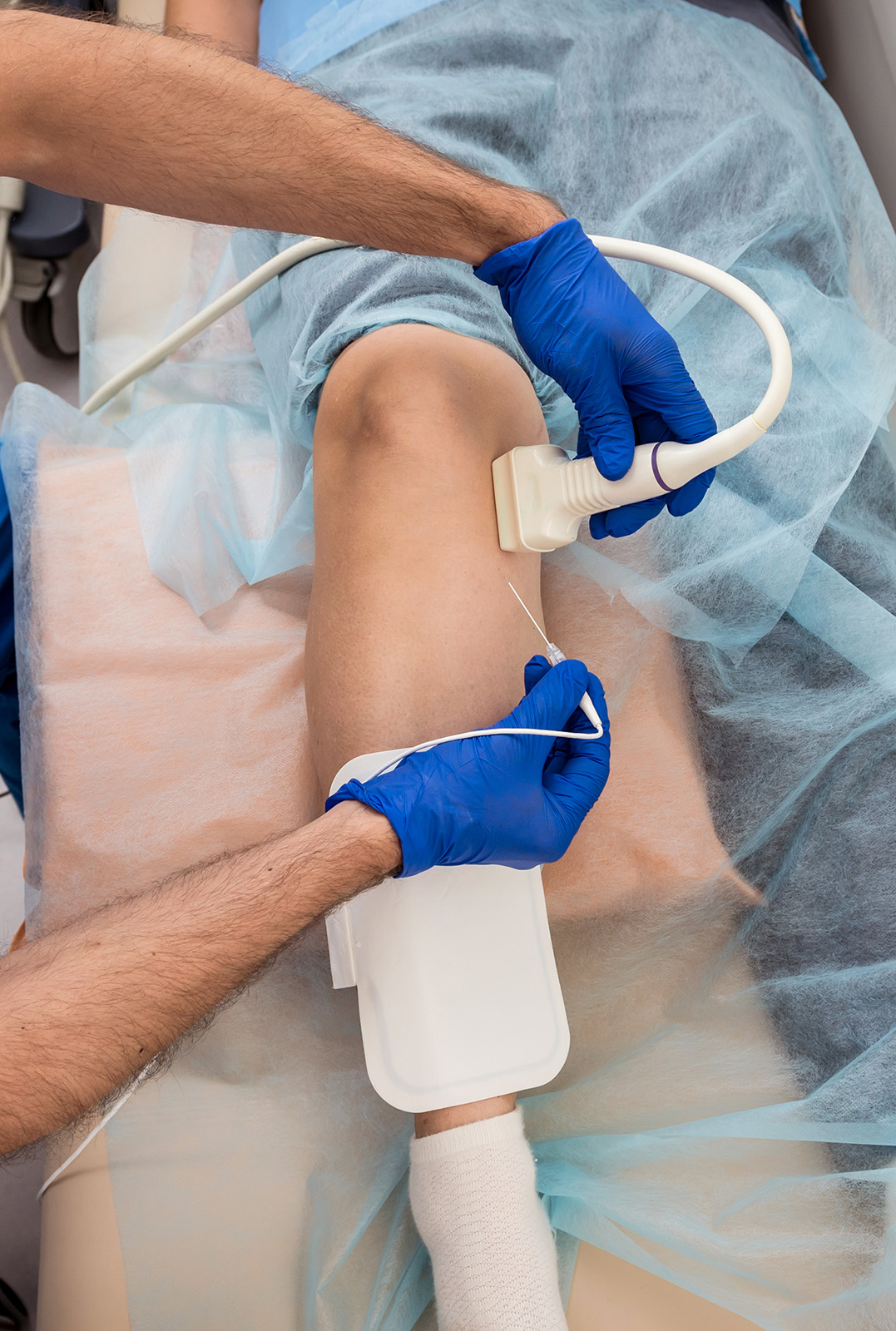Understanding Radiofrequency Ablation (RFA)
Radiofrequency Ablation, often referred to as RFA, is a state-of-the-art medical procedure used to treat varicose veins and other venous conditions. It involves the use of radiofrequency energy, a type of electrical current, to create thermal heat energy, which is precisely delivered to the affected veins. Here’s how RFA works:
- Local Anesthesia: Before the procedure begins, a local anesthetic is administered to numb the area around the problematic vein, ensuring the patient’s comfort throughout the treatment.
- Guided Insertion: A specialized catheter is inserted into the affected vein under the guidance of ultrasound imaging. This catheter contains a thin electrode that delivers radiofrequency energy.
- Energy Application: The electrode delivers controlled radiofrequency energy, generating heat that causes the vein walls to contract and seal shut. This effectively closes off the problematic vein, allowing the body to reroute blood flow through healthier veins.
- Minimal Scarring: RFA is minimally invasive, with only a small incision required for catheter insertion. This results in minimal scarring and a shorter recovery period compared to traditional surgical methods.
The Benefits of Radiofrequency Ablation (RFA)
RFA offers several remarkable advantages that make it an attractive option for individuals seeking relief from varicose veins. Let’s explore some of the key benefits:
- Minimally Invasive Procedure: RFA is performed through a small incision, reducing the need for extensive surgery. Patients can typically resume their daily activities with minimal downtime, enhancing their quality of life.
- High Success Rates: RFA is highly effective in treating varicose veins, with a success rate exceeding 90%. This means that the majority of patients experience significant improvement in their symptoms and cosmetic concerns.
- Improved Cosmetic Appearance: Beyond addressing the physical symptoms, RFA can significantly enhance the cosmetic appearance of your legs by reducing the visibility of varicose veins.
- Short Recovery Time: The recovery time following RFA is relatively short. Most patients can return to work and regular activities within a day or two, with only mild discomfort and bruising.
- Long-Lasting Results: Unlike some other treatments, RFA provides long-lasting results. Once the problematic vein is sealed, it does not reoccur, and the body’s natural healing process redirects blood flow to healthier veins.
- Minimal Pain and Discomfort: Patients report minimal pain and discomfort during and after the procedure, thanks to the local anesthesia used and the precise nature of RFA.
- Decreased Risk of Complications: Compared to traditional vein stripping surgery, RFA is associated with a lower risk of complications such as infection, bleeding, and nerve damage.
- Customized Treatment: RFA can be tailored to each patient’s specific needs, making it an excellent option for a wide range of varicose vein cases.
- Insurance Coverage: Many insurance providers cover the cost of RFA when deemed medically necessary, making it an accessible and cost-effective treatment option.
Radiofrequency Ablation (RFA) is a cutting-edge, minimally invasive procedure that has revolutionized the treatment of varicose veins and venous insufficiency. At our Vein Therapy Center, we are proud to offer this advanced therapy to our patients, helping them find relief from the discomfort and cosmetic concerns associated with varicose veins. If you’re ready to experience the numerous benefits of RFA and improve the health and appearance of your legs, don’t hesitate to contact us for a consultation. Our dedicated medical team is here to provide you with the exceptional care you deserve.

